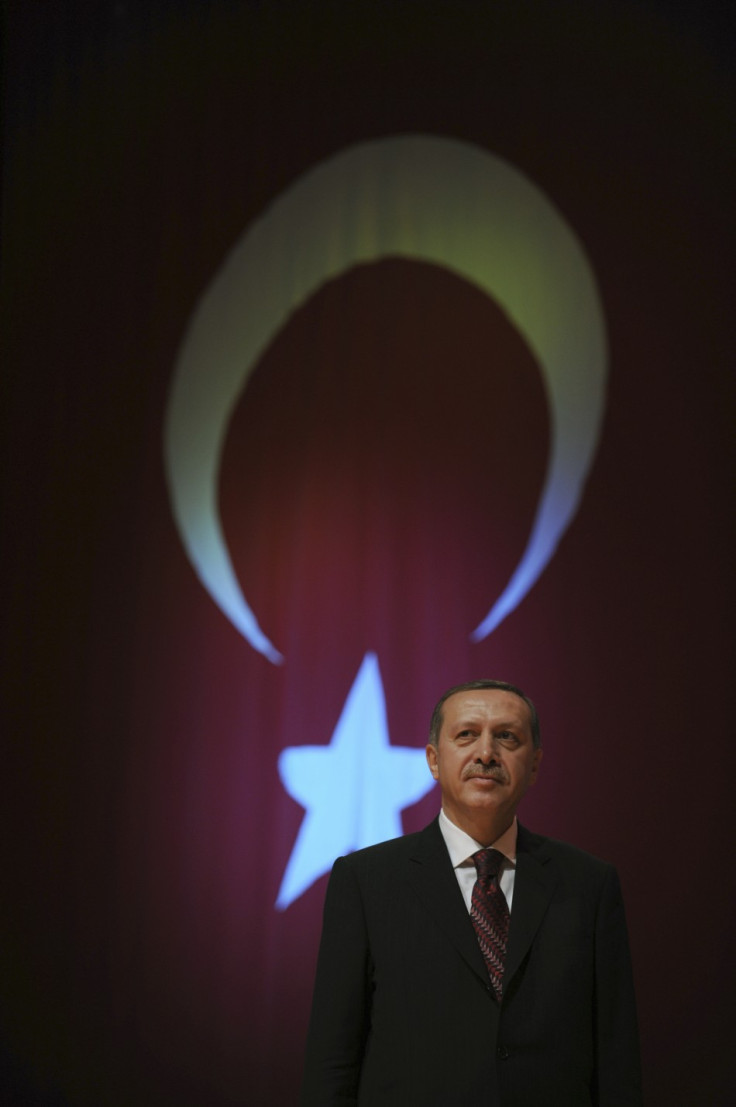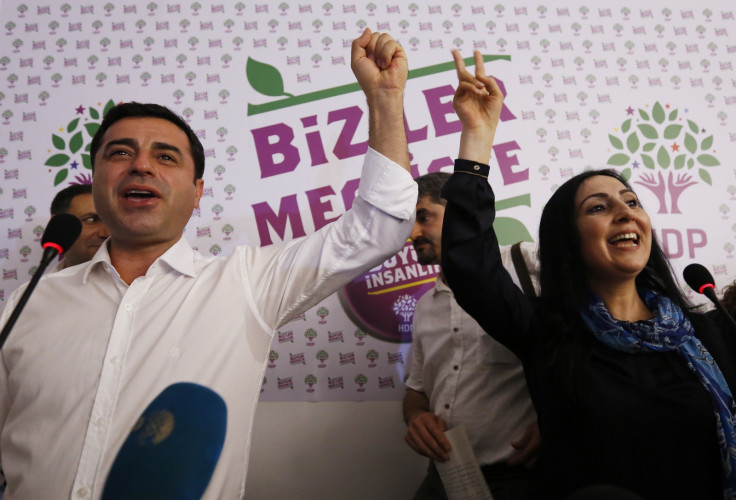Turkish economy takes election hit but is set to benefit in longer term

The failure of Recep Tayyip Erdogan's Justice and Development Party (AKP) to win a majority in yesterday's Turkish election has sent shockwaves through the country's economy.
Despite securing the biggest share of the vote on 7 June, the AKP fell short of winning an absolute majority for the first time since coming to power 13 years ago.
While the result puts a halt to Erdogan's plans for constitutional reform that would have seen him sit at the top of a presidency, Turkish stocks dropped 6% and the lira plummeted to a record low against the dollar as investors proved the old adage that markets do not like uncertainty.
The three scenarios that Turkey now faces are: early elections, a weak coalition government or an even weaker minority government.
However, experts believes that in the longer term, the result could be good news.
Salman Ahmed of Lombard Odier said: "Today's election news is bad in the short term, but better in the long term. Turkey is heavily indebted and has big external sector borrowing needs. This means any economic or political shock has an exaggerated impact on the Turkish lira.
"That said, the good news is that divisive issue of a move towards presidential system is off the agenda."
Erdogan
The Turkish economy had enjoyed considerable growth in the early years of Erdogan's reign. Between 2002 and 2006, GDP averaged 7.2% per year and no doubt helped the AKP retain power for so long.
However, more recently, the economy has stalled. Turkish GDP is forecast to grow by only 3% in 2015 and 2016 as rising inflation, increased unemployment and debt weigh the country down.

Coupled with Erdogan's lurch to the right and his attempts to change the constitution from a parliamentary system to a presidential one with him at the top, it has led to dramatic decline in popularity for the man known by many Turks simply as Tayyip. Had the AKP won and Erdogan been allowed to press ahead with his agenda, it may have resulted in even greater uncertainty and instability than that seen today.
"The outcome of the election has certainly not been the most unstable scenario. An outright AKP majority would have put constitutional change on the table, which would have been in the longer-term a bigger concern for the economy. But the game is over now. Big business names in Turkey, such as the owners of Koc and Sabanci holdings, have made it clear: the result has been positive for democracy, the rest should follow," said Ipek Ozkardeskaya, analyst at London Capital Group.
Future
A new government must be formed within 45 days but, whatever its make-up, it will be faced with huge challenges. Turkey's unemployment is hovering around 11%, wages have slumped and widening economic disparities are leading to social and political unrest.
"Turkey may not secure 3% growth this year, the inflationary pressures are back on, pushing toward two digit levels at sustained speed. The current account deficit, although having eased from 9.60% to 5.80% of GDP since 2011, is still a black box with miscellaneous inflows being an important downside threat," Ozkardeskaya added.
Experts are in broad agreement that if political stability can be secured, it will have positive knock-on effects for the economy.
But common ground may be hard to find.
The pro-Kurdish HDP must work with the centre-left CHP but has ruled out the possibility of collaborating with the AKP or the nationalist MHP. It is a mess that must be resolved in order to tackle the immediate pressure on the economy and the longer term problems of debt, rising inflation and unemployment.
And when the post-election dust settles, Turks may find not just one elephant in the room, but two. Turkey's membership of the European Union, which has been side lined in favour of a "look East" policy, may come back to the fore, and the Kurdish question remains unanswered.
© Copyright IBTimes 2024. All rights reserved.






